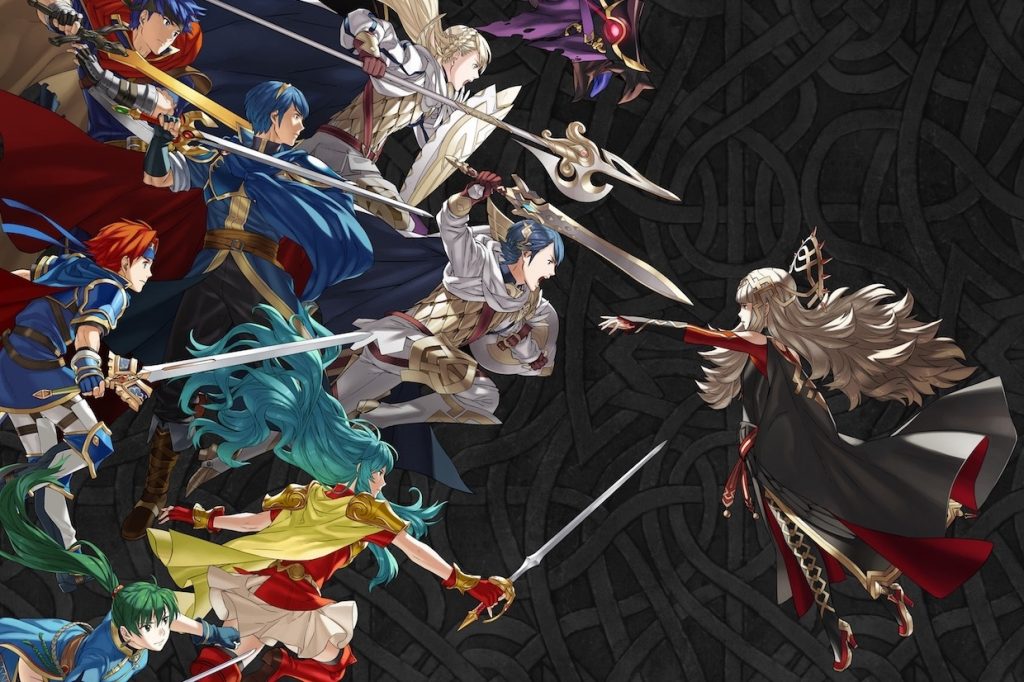“Do you own a Nintendo 3DS?” my homestay brother once asked. His question genuinely surprised me. I had yet to see a video game console at any of my previous homestays in the city of Durban, South Africa. That felt doubly true for the small rural area where I lived at the time. Even the default wifi-less games on my laptop (Minesweep, basic racing simulators, etc.) inspired delight from the neighborhood children. Yet my homestay brother knew what a 3DS was, despite having never seen one in person.
For those of us living in at least relative comfort, it is easy to forget that being a gamer necessitates a certain amount of economic privilege. There is an invisible paywall erected along the edges of the gaming world, one in which the cost of the hardware alone acts as a barrier of entry to many, if not most people in the world. It’s a barrier that likely only exacerbates existing feelings of entitlement and helps in breeding the insular and elitist attitudes that are commonly seen in video game culture.
However, in the past few years an alternative has emerged, one that has already proven to be far more accessible to low income families than consoles or gaming PCs ever were: mobile gaming.

Fire Emblem Heroes, a game I have spent way too much time playing.
Mobile games make it easier for everyone to play.
Compared to game consoles, smartphones might not differ much in price, but they do have one major advantage: in the minds of many, smartphones have ascended from “luxury item” to “perceived necessity.” It’s a crucial gap that game consoles never quite managed to traverse, despite attempts to diversify their functionality and entertainment offerings. The average person will place their smartphone much higher on their list of Things I “Need” To Survive than any game console, which gives smartphones a huge edge among families surviving on a tighter-than-usual budget.
As an additional perk, many of the best mobile games are essentially free to play. I say “essentially” because free games always have gimmicks, such as time restrictions that you must pay to circumvent. But for those who view money as a precious and dwindling resource, these annoyances are easy to ignore.
This last point I know from personal experience. It is solely through mobile games that I can share in the joys of gaming with one of my closest relatives. Because without her smartphone, she would hardly be able to afford any games at all.
Bridging the gap.
I once spurned mobile devices as an inferior gaming platform. This feeling was based less on experience and more on reflexive prejudice (and admittedly, ingrained elitism); I was simply unaccustomed to the idea of a phone as a legitimate gaming device.
Then one day, my cousin forced me to play a mobile rhythm game called Cytus. I didn’t have much fondness for the genre at the time, largely because I considered myself terrible at rhythm games (which I truly was). Yet at her insistence, I continued practicing. And practicing. And practicing.
Over the months, the two of us began to bond over the different mobile games we were playing. We recommended free apps to one another. We beat each other’s high scores. We traded screencaps of our rare cards and items. I sensed my skepticism eroding over the dozens upon dozens of hours spent neglecting my “real” games in favor of mobile games.

Cytus, the game that started it all.
Gradually, it dawned on me: for the first time in years, my cousin and I could both take part in the experience of gaming. There’s a considerable gap between us, in terms of both physical distance and our financial situations. I’m lucky enough to afford a moderate gaming habit; she isn’t. But mobile games help bridge that gap.
It’s still true that mobile games are ultimately quite limited compared to their PC and console counterparts. Mobile games cannot offer the visual grandeur, the depth of play, or the epic scale of modern triple-A titles or even mid-tier budget titles. One could reasonably argue that mobile games generally offer quantity over quality of play, and that compared to games found elsewhere, they might not be worth the potentially massive amounts of time invested into them.
But in the end, these unfavorable comparisons feel like the minor quibbles of those fortunate enough to afford the best gaming experiences money can buy. For those who lack the means to play games on more exclusive platforms, mobile games provide a fun, low-cost alternative and entry point to a world from which they might otherwise be excluded.
To return to the topic of my homestay brother: though he might never own a 3DS, there is a much better chance that he’ll be able to play Fire Emblem: Heroes pretty soon. And as someone who loves games and wants others to love games, I think that’s pretty amazing.
Helen Liutongco
Latest posts by Helen Liutongco (see all)
- Of White Samurai and Internalized Racism - August 21, 2017
- Fire Emblem: Heroes Needs All The Shirtless Men It Can Get - July 5, 2017
- ‘Emily Is Away’ Is Good But A Female Protagonist Makes It Better - June 19, 2017
